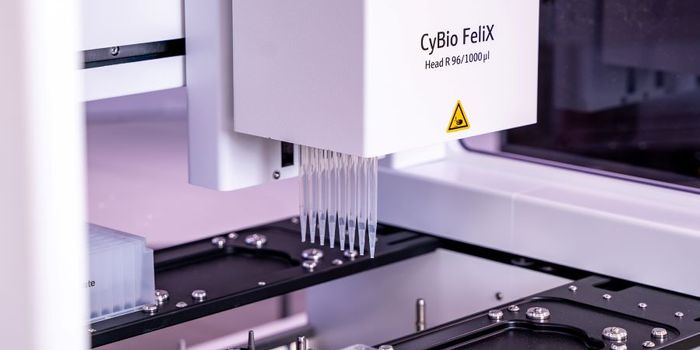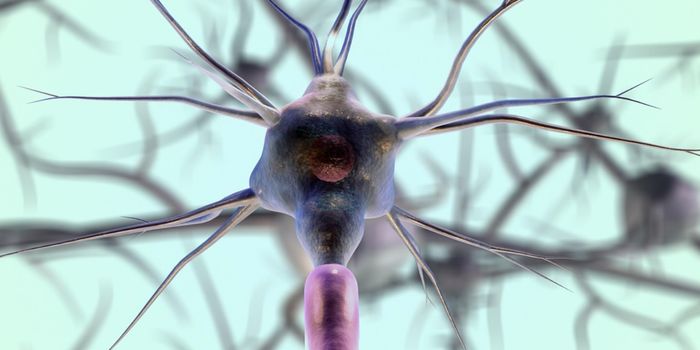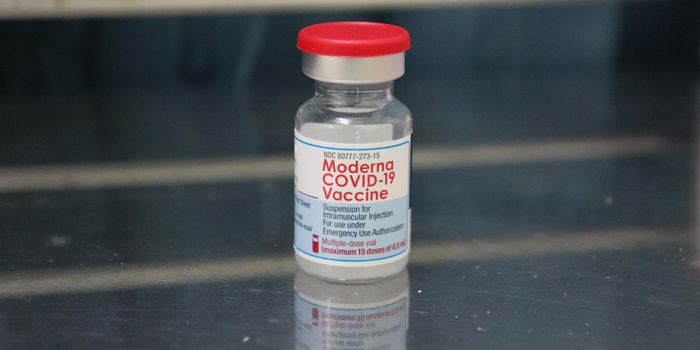Alzheimer's Disease Identified in Dolphins
Humans are not alone in developing Alzheimer’s Disease, although it is seen in very few other species. Professor Simon Lovestone is an old age psychiatrist from Oxford Health NHS Foundation Trust who led a team that has described the disease in dolphins in a new report in Alzheimer's & Dementia. “It is very rare to find signs of full-blown Alzheimer’s Disease in non-human brains,” noted Lovestone. ‘This is the first time anyone has found such clear evidence of the protein plaques and tangles associated with Alzheimer’s Disease in the brain of a wild animal."
Researchers wanted to look at the connections between diabetes and Alzheimer's, two diseases that are related to aging. Many animals live long enough to reproduce, and die not long after. But humans are one exception; while fertility declines in both sexes around age 40, people can obviously live for much longer. For a model of how diabetes, Alzheimer's and longevity after fertility are potentially linked, they looked to another species that can live for many years after reproducing: dolphins.
“It was a moment of serendipity when I heard Simon give a talk about the possibility that dolphins might be predicted to get dementia, as our collaborators have previously worked with dolphins,” said Professor Frank Gunn-Moore from the University of St Andrews.
“This study shows the importance of comparative research when considering important questions-non-human animals have so much to tell us about dementia, not just as ‘models’ for Alzheimer’s Disease in people, but also to improve our understanding of dementia in these animals,” explained first author of the report, Professor Danièlle Gunn-Moore of the University of Edinburgh and the Roslin Institute.
The team used dolphins that had died and were collected after washing onto the Spanish coast. The brains of the dolphins were found to contain the amyloid plaques and tangles of Tau protein that is characteristic of Alzheimer’s.
The researchers posit that Alzheimer’s affects humans and dolphins because of the way that the hormone insulin functions in both species. Blood sugar levels are regulated by insulin. Notably, a drastic caloric restriction has been shown to extend lifespan in some animals, as well as alter insulin signaling.
“We think that in humans, the insulin signaling has evolved to work in a way similar to that artificially produced by giving a mouse very few calories,” explained Lovestone. “That has the effect of prolonging lifespan beyond the fertile years, but it also leaves us open to diabetes and Alzheimer’s Disease. Previous work shows that insulin resistance predicts the development of Alzheimer’s Disease in people, and people with diabetes are more likely to develop Alzheimer’s.”
“But our study suggests that dolphins and orcas (who also have a long post fertility lifespan) are similar to humans in many ways; they have an insulin signaling system that makes them an interesting model of diabetes, and now we have shown that dolphin brains show signs of Alzheimer’s identical to those seen in people,” he continued.
However, the researchers don’t advocate calorie restriction. “While a sensible diet has obvious health benefits and is important for avoiding premature death from avoidable obesity-related conditions, we think that extreme calorie restriction will not extend the human life-span.”
Although the researchers will not be continuing their work with dolphins in captivity, they want to pursue the research in other models, with the aim to develop better treatments for Alzheimer’s. “At the moment, even in mice which have been genetically engineered to have the plaques associated with Alzheimer’s Disease, there are no tangles and very little damage to brain cells.”
“This makes it difficult to find new targets for curing the disease, as well as studying how a potential drug can change the disease,” he said. “But if altered insulin signaling can make an animal more susceptible to Alzheimer’s Disease, we might be able [to] produce mice that are a true model of the disease, which we can then test to find new treatments.”
Sources: University of Oxford, Alzheimer’s & Dementia









